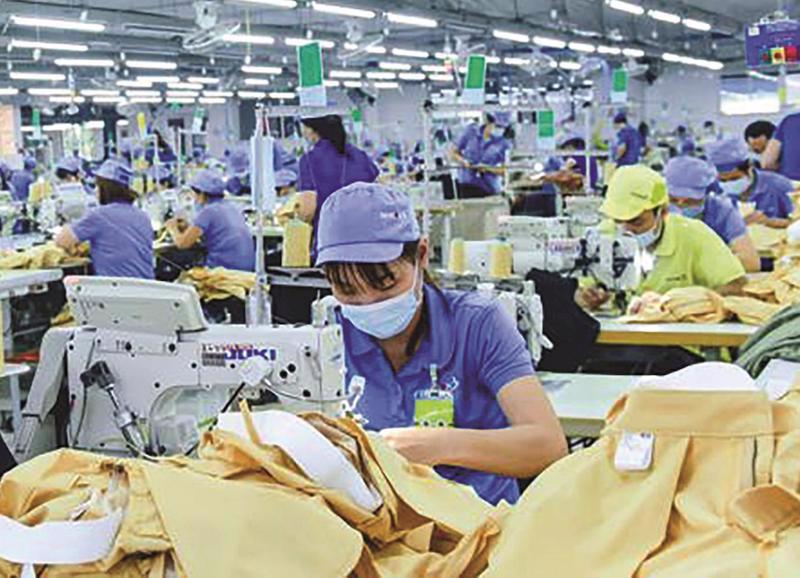Vietnam is expected to establish a trading exchange for raw materials and accessories for the fashion industry in 2025.
Emphasizing the importance of this initiative, Deputy Minister of Industry and Trade Phan Thi Thang said “We cannot keep outsourcing forever; the textile and footwear industry needs to take control of the sources of raw materials and the design stages… Thus, the establishment of a trading exchange for raw and auxiliary materials for the Vietnamese fashion industry is truly necessary."
During a trade promotion event in August, Deputy Head of the Ministry of Industry and Trade’s Industry Agency Pham Tuan Anh highlighted that textiles and footwear are Vietnam’s two key export sectors, with export revenue consistently growing over the years, achieving an average growth of over 10% per year.
According to reports from the World Trade Oraganization and the World Footwear magazine, Vietnam is currently the second-largest exporter of footwear and the third-largest exporter of textiles in the world.
In the first two quarters of 2024, despite significant impacts from the global economic downturn, the total export value of these two sectors reached nearly $30 billion, accounting for nearly 16% of Vietnam’s total exports and creating about 5 million jobs, which represents 22% of the industrial workforce in Vietnam.
Although the export revenue of the textiles and footwear sector accounts for a high proportion of the country's total import-export revenue, the value contributed by domestic enterprises remains limited. Over 60% of the textile export value comes from FDI enterprises, despite only representing 24% of the number of enterprises. Meanwhile, in the footwear sector, FDI enterprises account for nearly 80% of export revenue and only around 30% in terms of the number of enterprises.
The reality shows that Vietnam’s textiles and footwear industry remains focused on contract manufacturing, resulting in low added value. The sources of raw materials and accessories are primarily imported from foreign markets, mainly from China, South Korea, and other ASEAN countries.
Therefore, the development of raw materials and accessories for these two sectors is essential, said Mr. Anh.
In December 2023, Vietnam Leather, Footwear and Handbag Association and Vietnam Textile & Apparel Association requested permission from the Ministry of Industry and Trade to establish a trading exchange for raw materials and accessories for the fashion industry.
The move aligns with the development orientation of the supply of raw materials and accessories for the textile, garment, leather and footwear industries as stated in the Prime Minister’s Decision No 1643/QĐ-TTg dated December 29, 2022, which approves the Strategy for the Development of the Textile, Garment, and Footwear Industry until 2030 with a vision to 2035; and the Government’s Resolution No 115/NQ-CP dated August 6, 2020 on solutions to accelerate the development of the supporting industry.









 Google translate
Google translate